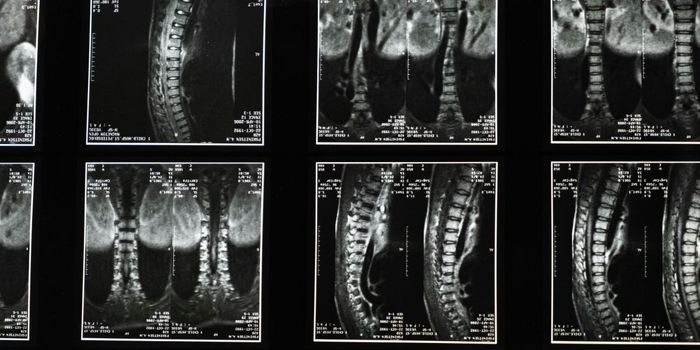Childhood Stress Might Changes Our Ability to Hear Language
If your brain is having problems sensing the world around you, it’s going to be difficult to function. We know early life stress and adversity leads to problems with brain development. People who experience ELS are prone to issues with learning and memory, even psychiatric disorders. But apparently, stress during development is dangerous enough to distort the basic perception of stimuli in our environment.
Findings in a new research article published in the Journal of Neuroscience suggest ELS can make it more difficult to understand speech.
The auditory pathway travels from our ears making several stops before reaching the auditory cortex; the brain region built for making sense of complex sounds like language. These authors used Mongolian gerbils to find out if the effects of ELS can be seen during sound processing.
Image Credit NSF, This work is in the public domain in the United States
Gerbils lack the advanced language skills people possess, but if the same issues that appeared in the ELS gerbil group were to arise in the auditory circuits of humans, it might seriously impair language processing.
Ye et al. from Northeast Ohio Medical University created a stressful experience for young male and female gerbils to test the effects of ELS on sound processing. Experimenters separated young gerbils from their parents and littermates for two hours to cause isolation stress. Stressed and control gerbils were compared on their ability to perform hearing tests.
The researchers discovered a task of spotting quiet in a continuous noise presented greater difficulties for the ELS group than for the control group. With more training sessions, ELS gerbils still lagged behind their compatriots at gaps detection. This type of sound recognition is important for processing speech.
The auditory pathway of ELS subjects was rife with deficits, from the brainstem to the auditory cortex. Issues earlier in the pathway suggest their auditory cortex was receiving poor-quality information. This caused the auditory cortical neurons to be less responsive to the start of a sound.
More research is necessary before the exact mechanism of this hearing loss is discovered. The authors suggest circulating corticosteroids released during stress could affect the development of the ear’s cochlea or other sound-processing areas.
This work offers a potential explanation for some of the learning and cognitive issues seen in those with early life stress.
Sources: Journal of Neuroscience










